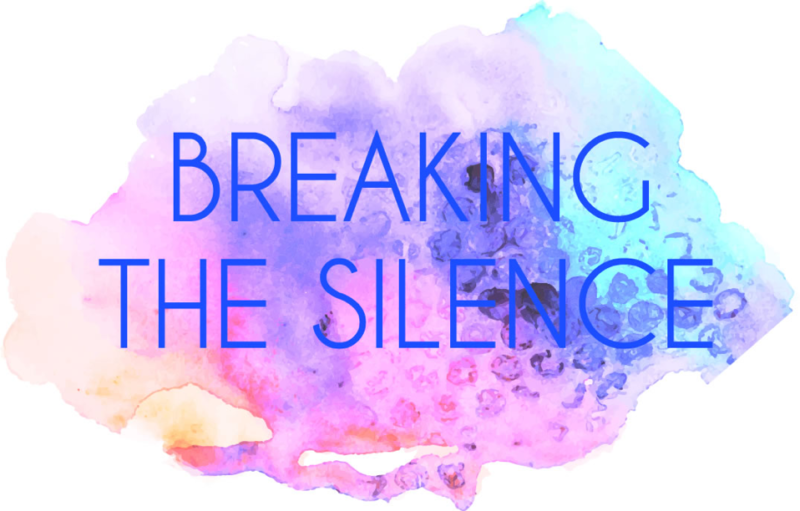As a society we are somehow labeled when we talk about our mental health issues as men and women. Recently, people are more open to talk about their psychological problems and seek help when they feel things are out of control.
Unfortunately, some men still view going to a psychologist, psychiatrist or a counsellor as a sign of weakness and that only women experience psychological difficulties while men are resilient to mental health issues. Not all men but some of them prefer not to open up about their emotional needs, financial issues that put psychological stress on them, depression, anxiety and other psychological topics that affect their well-being and life satisfaction. Surprisingly, studies published on “Our World in Data” display that men constitute more than half of the individuals experiencing mental health related problems. The report that is published in 2016 confirms that 15.5% of the world population has psychological problems.
Opening Up Brings Shame to Men
Men tend to hide their emotions because of the stigma that might be attached to them as being weak, or vulnerable, to psychological difficulties. The given is related to multiple factors such as societal expectations, social norms, parenting styles and feelings of guilt and shame accompanied by opening up about men’s needs. Indeed, people who do not talk about their pain (emotionally, cognitively, behaviourally) are considered more vulnerable to psychological problems or disorders as they are not aware of their existence and would hardly admit them. The issue of mens mental health has been addressed in various ways through psychological theories, novels and books as they are greatly observed in our everyday lives and affect the whole community. One of the theories studied in psychology is Shame Resilience Theory (SRT). SRT assumes that men perceive opening up about their psychological issues is accompanied by shame and guilt. They believe they are not strong enough to handle their pain if they talked about it.
Societal Expectations
The way SRT explains shame as a consequence for men when they discuss their mental health issues, has been tackled by other theories from a social perspective. Society has put constraints on the way men should behave and their role in the society for expecting them to always be strong and not to show their pain. Past research suggests that men tend to perceive themselves as invulnerable to negative emotions, because they are taught this way. Fathers tell their kids that “Men don’t cry” or “If you are sad, don’t show it.” “You have to have two sides. One side in which, you show people that you are strong and another side for when you’re alone; that’s when you can cry or be sad”. Men are taught to confirm to masculine norms in the society in order not to feel left out or seen as weak among their family, friends or at work.
Being unable to talk about psychological problems or the pain associated with it, triggers emotional disposition affecting self-esteem, compassion and emotional regulation. Compassion is important factor in understanding others need for help and being motivated to help others; being empathetic to others. Hence the lack of compassion would make it difficult to help oneself accordingly. Moreover, a research conducted by Mogarin, Chin and Shapira (2011), claims that individuals with higher levels of shame, experience low levels of self-compassion and do not view psychological problems as a threat to one’s self. In addition, men who have low levels of trait shame display low levels of masculine conformity to societal norms and are more likely to seek help or open up about their emotions. In contradiction, men who tend to hide their emotions, negatively cope with their needs and problems affecting their overall life satisfaction as well.
Mens Mental Health Issues & How It Affects Their Relationships
It is not only related to men as an individual trait affecting their well-being, but it also affects their relationships with others. This is discussed in a book called “Daring Greatly” on the way some men deal with their partners and not being entirely honest with them. Men reason hiding their emotions from their partners as a way to strengthen the relationship and to always is seen as the strong man, his partner has loved. Some of the men mentioned in the book said things such as; “”I give her enough to believe I’m being open because if I were totally truthful about how afraid or out of control I feel, she would judge me”. The type of men who believe in this saying have to be more confident in addressing their needs and fears with their partner through good communication skills, their partner should be more understanding and encouraging them to open up more.
Ways to Address Mental Health
In fact, men who believe that opening up about their mental health issues need some help from others surrounding them to have the courage to address their pain. One of the offered help could be an attempt to change the societal norms and parenting styles men encounter in their early childhood. Another way is to work on increasing self- compassion through engaging in activities or situations in which they could offer help for others that would gradually increase their self-compassion. That could be accomplished through “compassion mind training”, eliciting warmth, empathy and reduce negative emotions and increase positive ones.
Conclusion
Men should be aware of the internal and external factors affecting their well-being. Through the support of the surroundings, men would be able to enhance their positive skills that would consequently make them feel more powerful, in control, accepting of their problems and working on fulfilling their needs in a positive coping manner.








